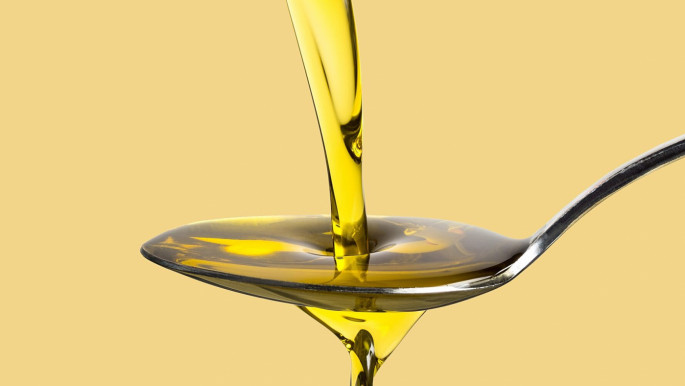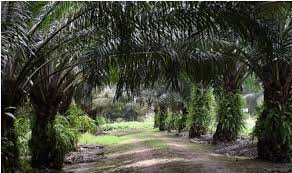Edible oil prices in India to surge as Indonesia to ban palm oil exports from 28 April

NEW DELHI: Domestic edible oil prices are set to surge as Indonesia, the world’s largest palm oil producer, bans exports from April 28 due to domestic shortages and soaring prices. This impacts major importers like China and India. Palm oil, crucial for cooking oils, processed foods, cosmetics, and biofuels, faces heightened demand amid global cooking oil price hikes following Russia’s invasion of Ukraine, disrupting sunflower oil shipments.
NEW DELHI: Domestic edible oil prices, already high, are set for a surge as Indonesia, the world’s largest producer of palm oil, will ban exports from 28 April.
Indonesia, too, has been battling high edible oil prices amid domestic shortages and soaring prices
China and India are among the biggest importers of palm oil from Indonesia, which accounts for more than half the world’s supply. Palm oil is used in products from cooking oils to processed foods, cosmetics and biofuels. It is the world’s most widely used vegetable oil and is used in the manufacture of many products including biscuits, margarine, laundry detergents and chocolate.
Global cooking oil prices have surged this year following Russia’s invasion of Ukraine, which hit shipments of sunflower oil from the region.
The Black Sea accounts for 76% of world sunflower oil exports.
A halt in supplies from Indonesia would mean a loss of about 4 million tonne of palm oil every month for India. Experts said that India’s sunflower oil supplies had halved to nearly 100,000 tonnes per month following the Ukraine war and this could make things worse for households.
Meanwhile, India’s wholesale inflation, which has remained in double digits for a year now, quickened to a four-month high in March amid a relentless rise in commodity prices following the Russian invasion of Ukraine.
The Wholesale Price Index (WPI) rose 14.55% in March from 13.11% in February.
Earlier this year, Prime Minister Narendra Modi had urged Indian companies to curb import and begin buying oilseeds produced in the country.
















